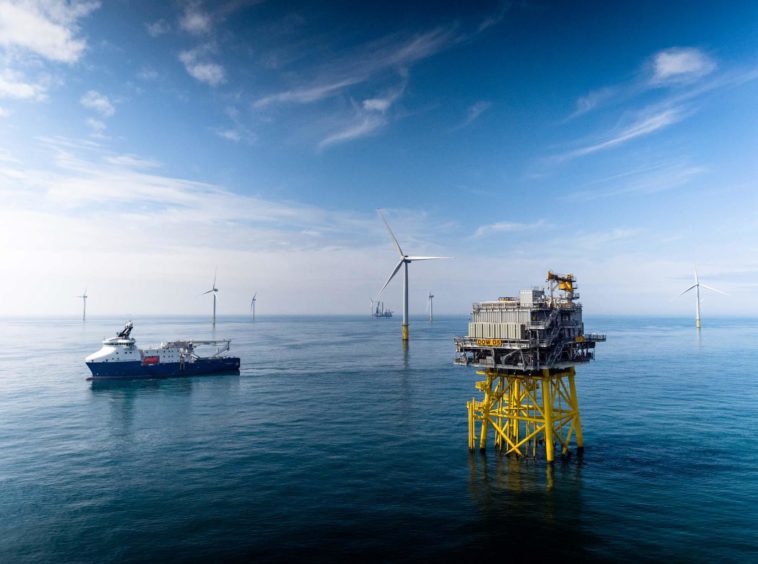
Data is key to good decision making in all sectors of industry and society and the Technology Leadership Board Digital Technology Theme highlights the truly disruptive potential of digital technologies. As we move towards a net zero economy, only through exploiting cross sectoral data can we achieve the potential of digital technologies, thereby aiding a smooth and sustainable energy transition. Combining data from the oil and gas and the renewables sectors with the nascent hydrogen and carbon capture and storage (CCS) industries will provide a platform for the best decision making. At the National Decommissioning Centre (NDC) we are initiating several projects which will help deliver this.
The first, entitled Smart Basin, is supported by the Oil and Gas Authority and aims to apply the smart city concept to the North Sea basin. In smart cities, data from sensors is used to provide data visualisation, scenario planning and decision making around challenges such as changing traffic management to improve flow or assessing CO2 and particulate concentrations to provide mitigating measures.
The Smart Basin concept envisages a virtual model of the entire basin starting with an exemplar area, possibly a cluster of East of Shetland or Southern North Sea assets. The simulator being installed at the NDC has smart cities capabilities which will be used for this Smart Basin project. This will allow data visualisation to show the spatial distribution of parameters, such as CO2 emissions, vessel traffic, power requirements after cessation of production (CoP) and assets’ excess power capacity. Simulation and data analytics tools will be used to enable cross-operator co-action to reduce carbon footprints by modelling campaigns, sharing resources and scheduling to improve efficiency. This will link with detailed work being undertaken by one of our PhD students in optimising process choice for the decommissioning of specific oil and gas and renewables infrastructure.
The bigger prize, however, will be to use these systems to enable the integration of renewable power generation with oil and gas infrastructure to, for example, assess the viability of powering oil and gas assets from renewable sources rather than burning gas during production or utilising diesel post CoP. This will provide insights into potential “green” or near net zero decommissioning and late life management. With oil majors committing and working at how they will achieve a net zero future, such scenario planning will provide insights into potential enablers and strategies.
Our final step will be to look at the re-use agenda for hydrogen and CCS with the Smart Basin enabling decision making around the possible re-use of infrastructure, linkages into existing and licensed renewable sources and their associated power grid. In this case linking the surface, subsea and subsurface modelling along with the requisite transport for power, CO2 or H2 will be vital to ensure robust solutions.
Please contact us if this vision resonates with your company’s direction of travel. We are keen to involve as many parties as possible and are running a project on secure data sharing and governance to ensure data security.
Professor Richard Neilson is director of NDC and Mr Malcolm Stone is business development analyst at NDC
Contact Us
t: +44 (0) 7776 596006 or +44 (0) 1224 274403
Twitter: @decomcentre
LinkedIn: linkedin.com/showcase/thendc
Recommended for you
